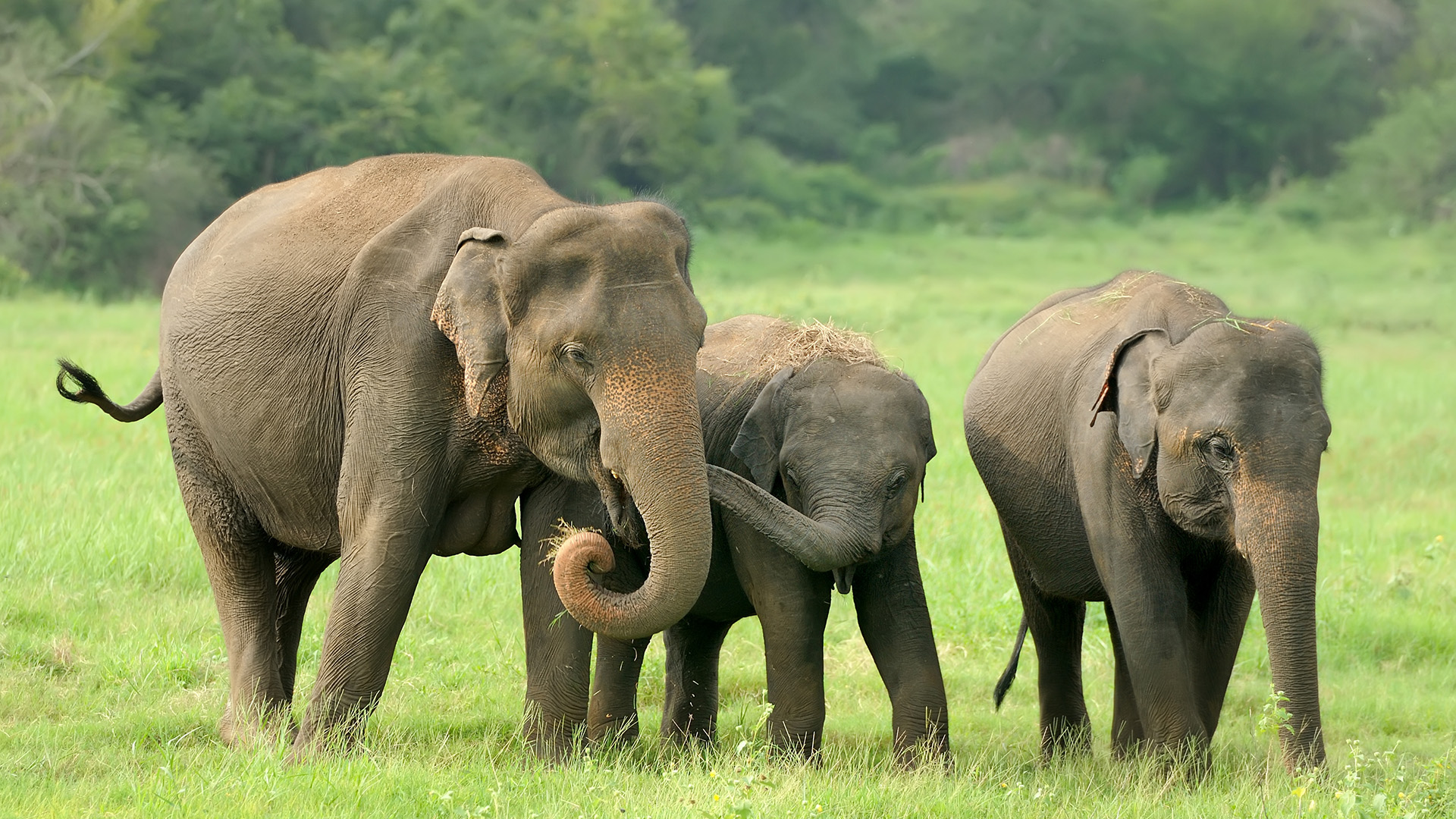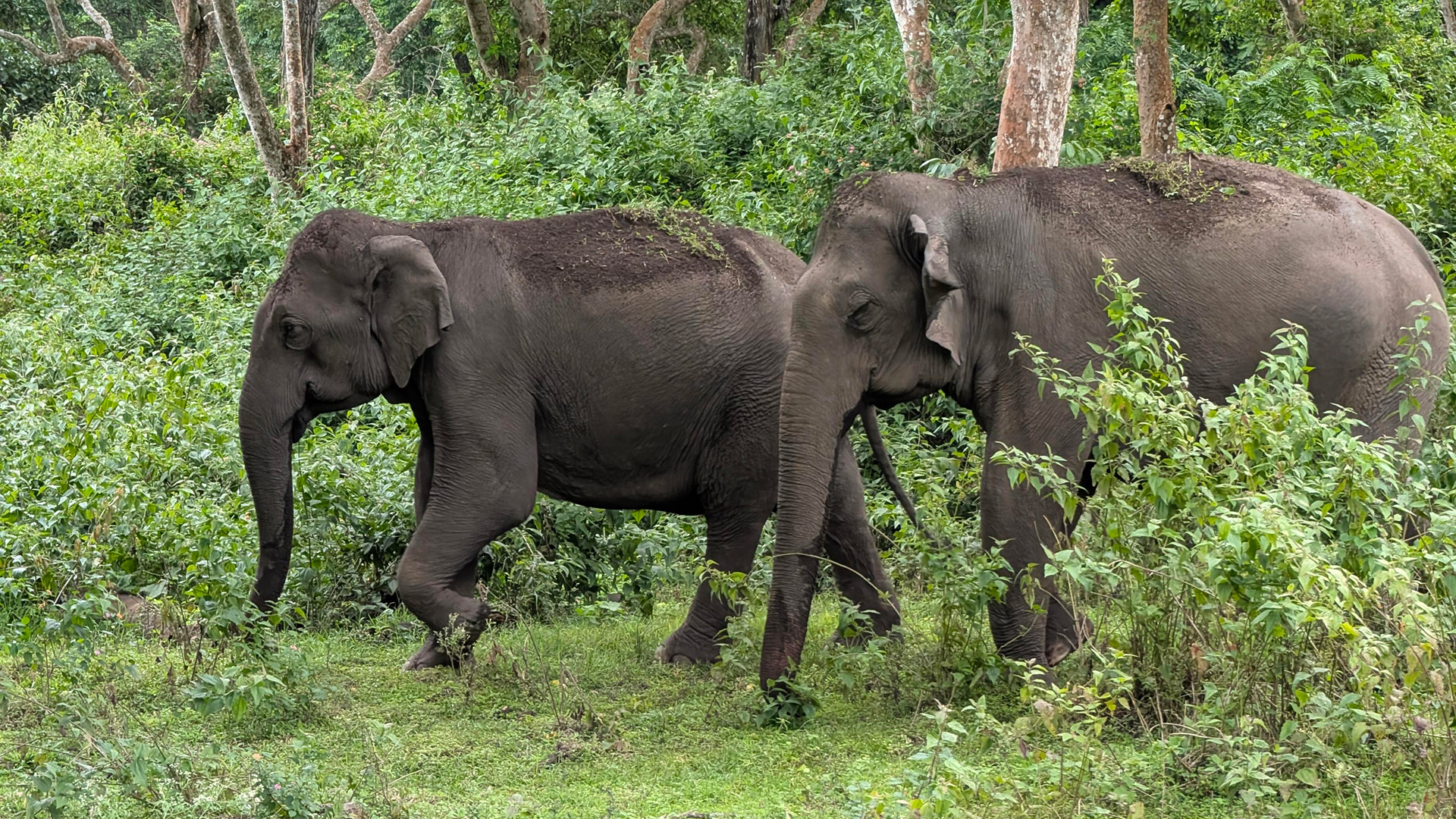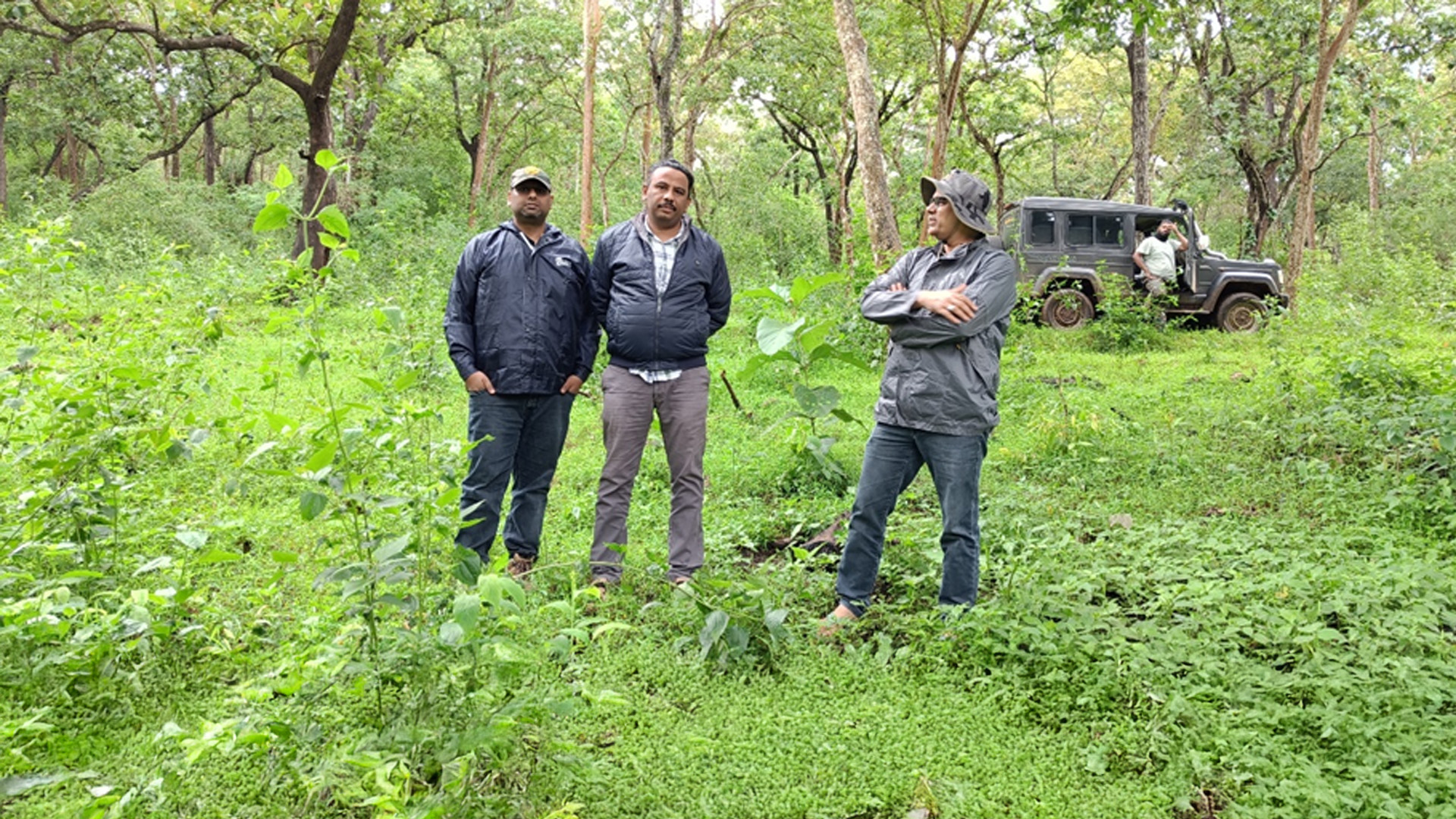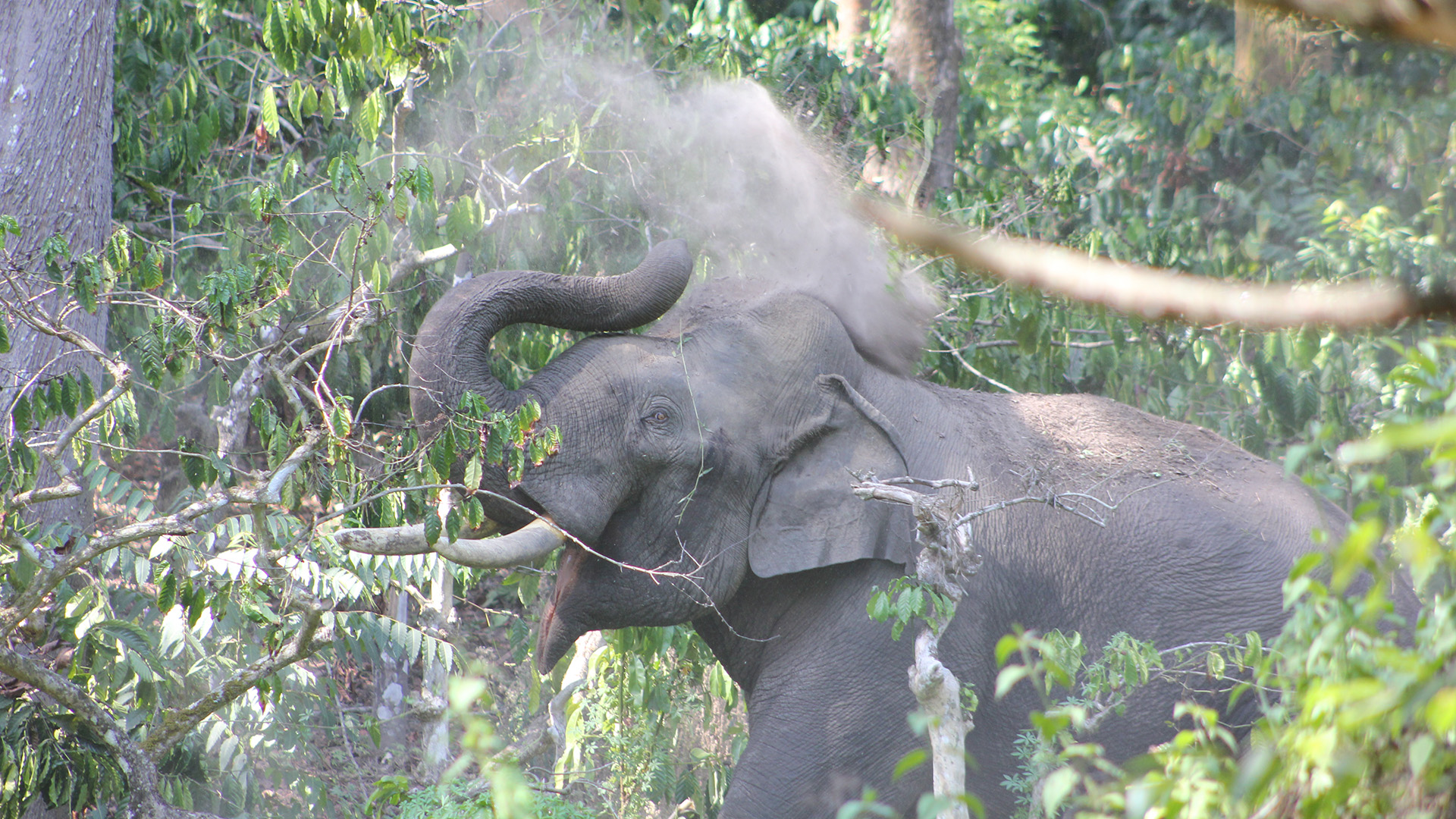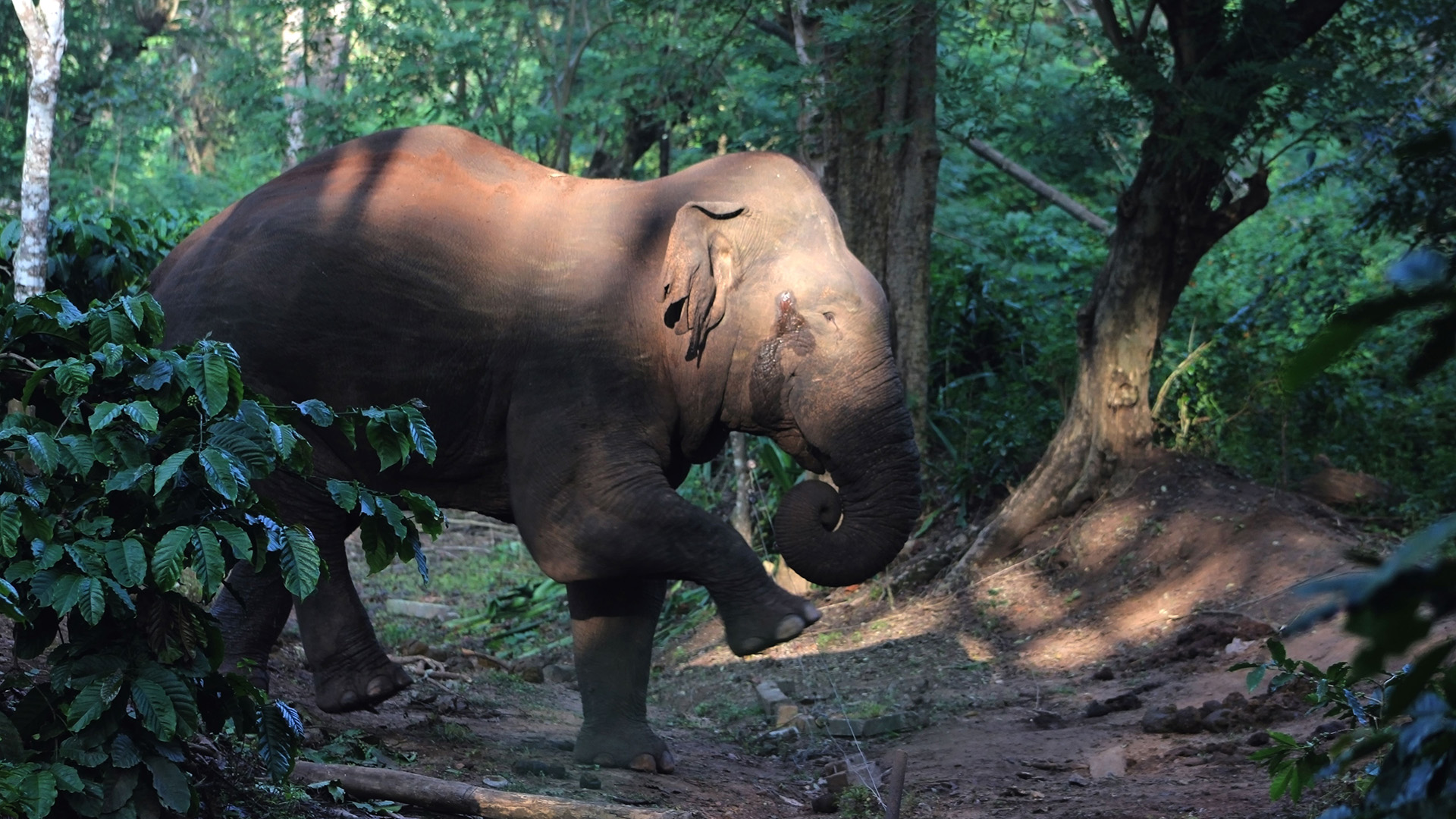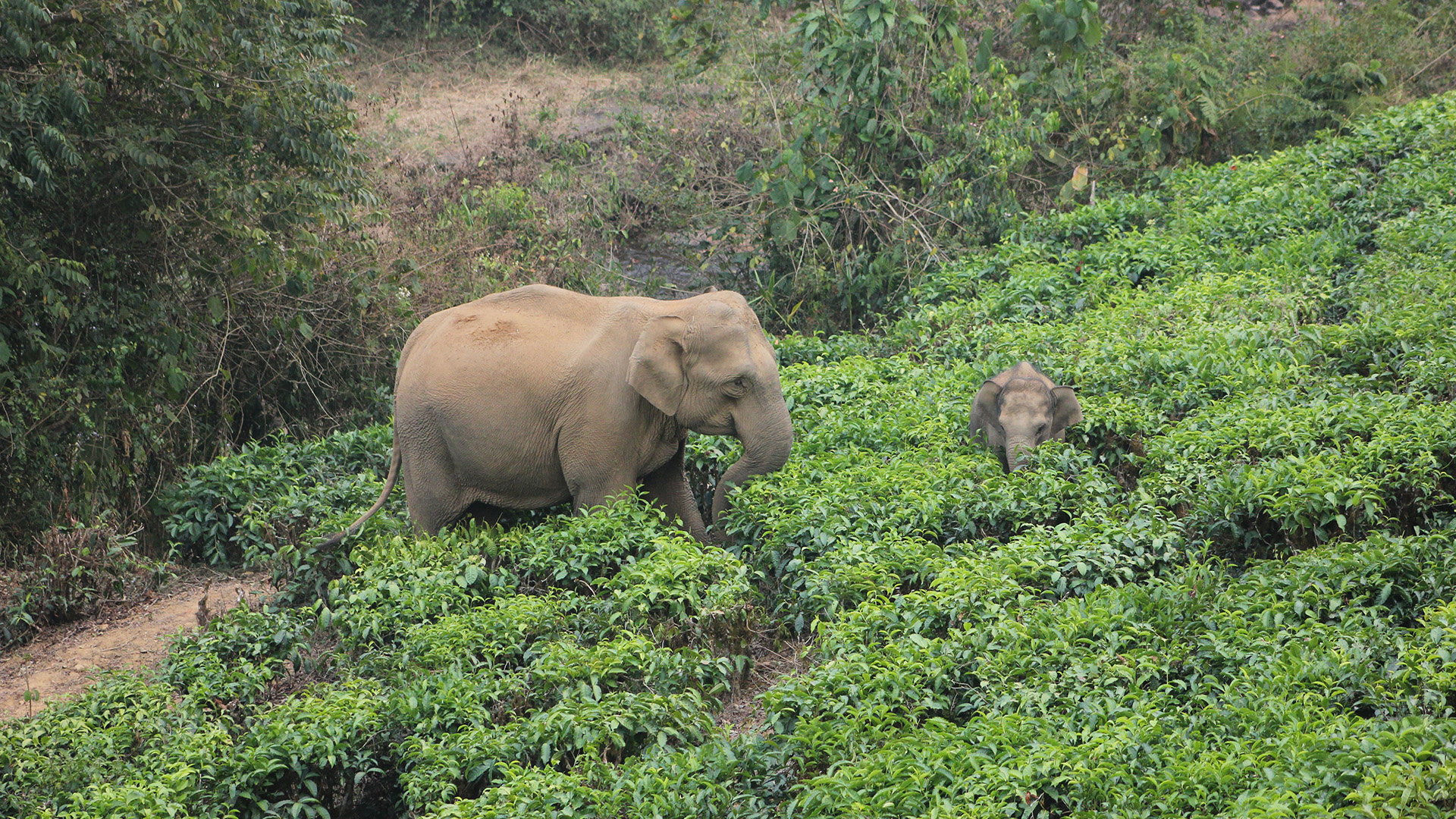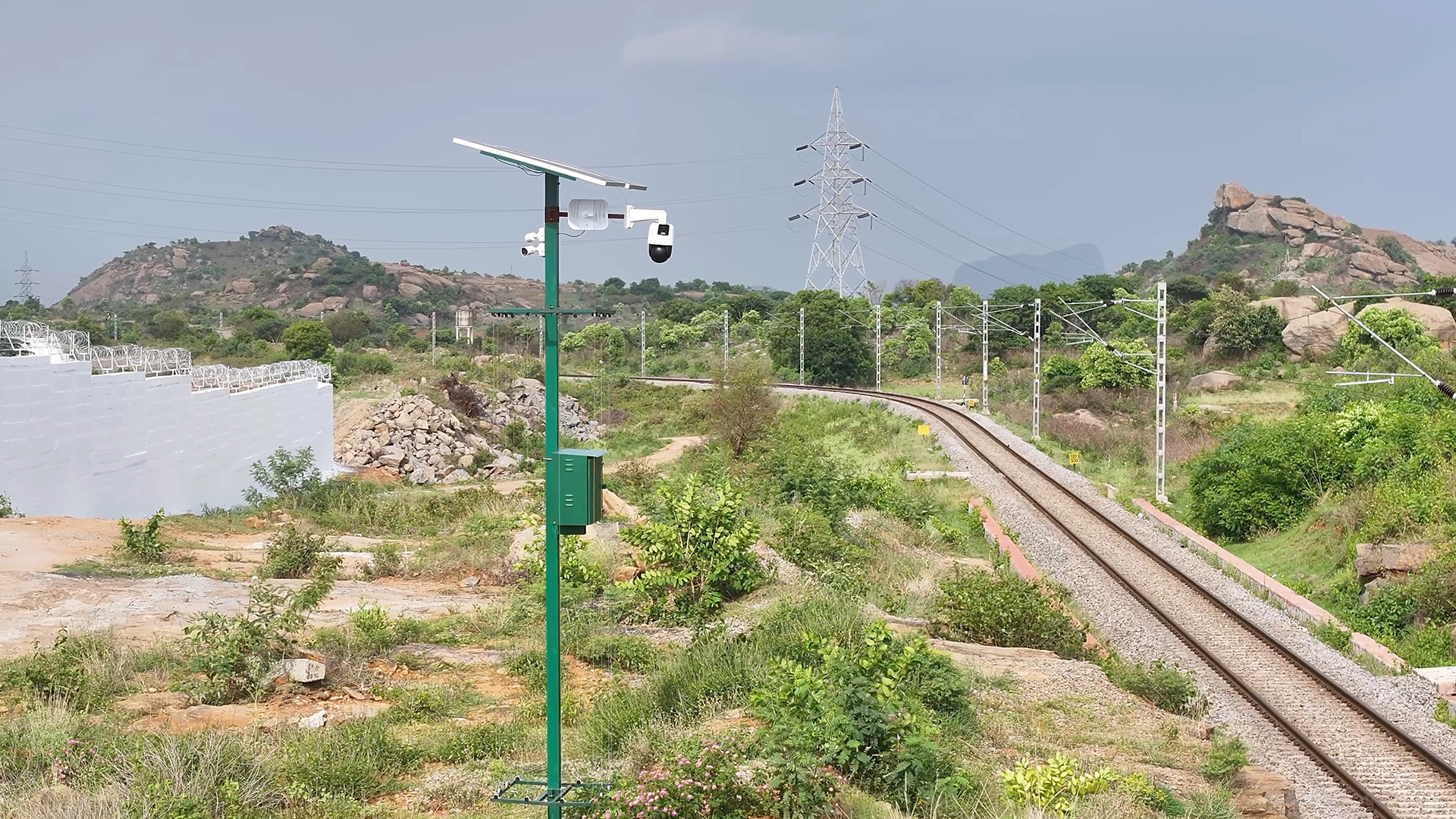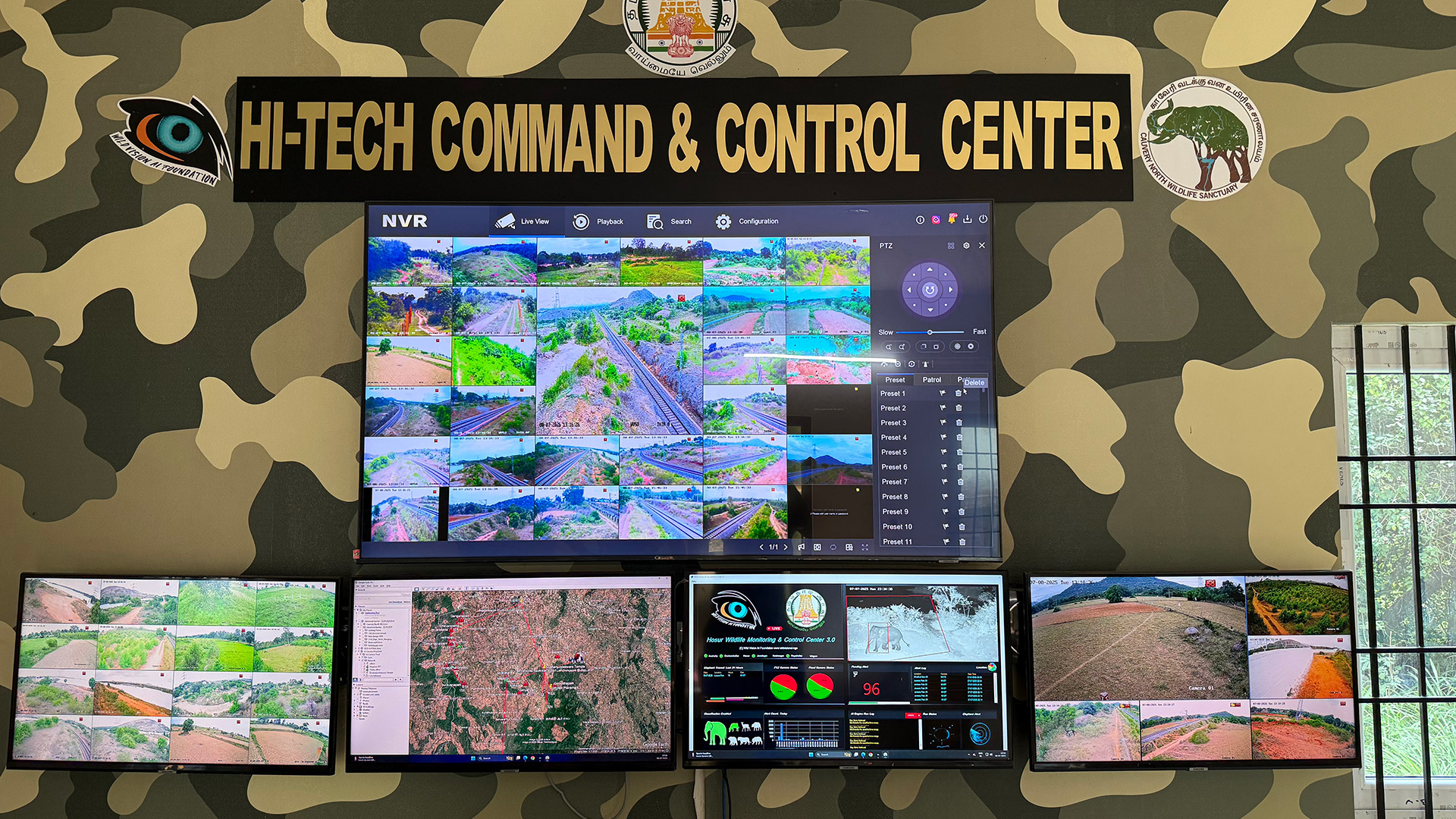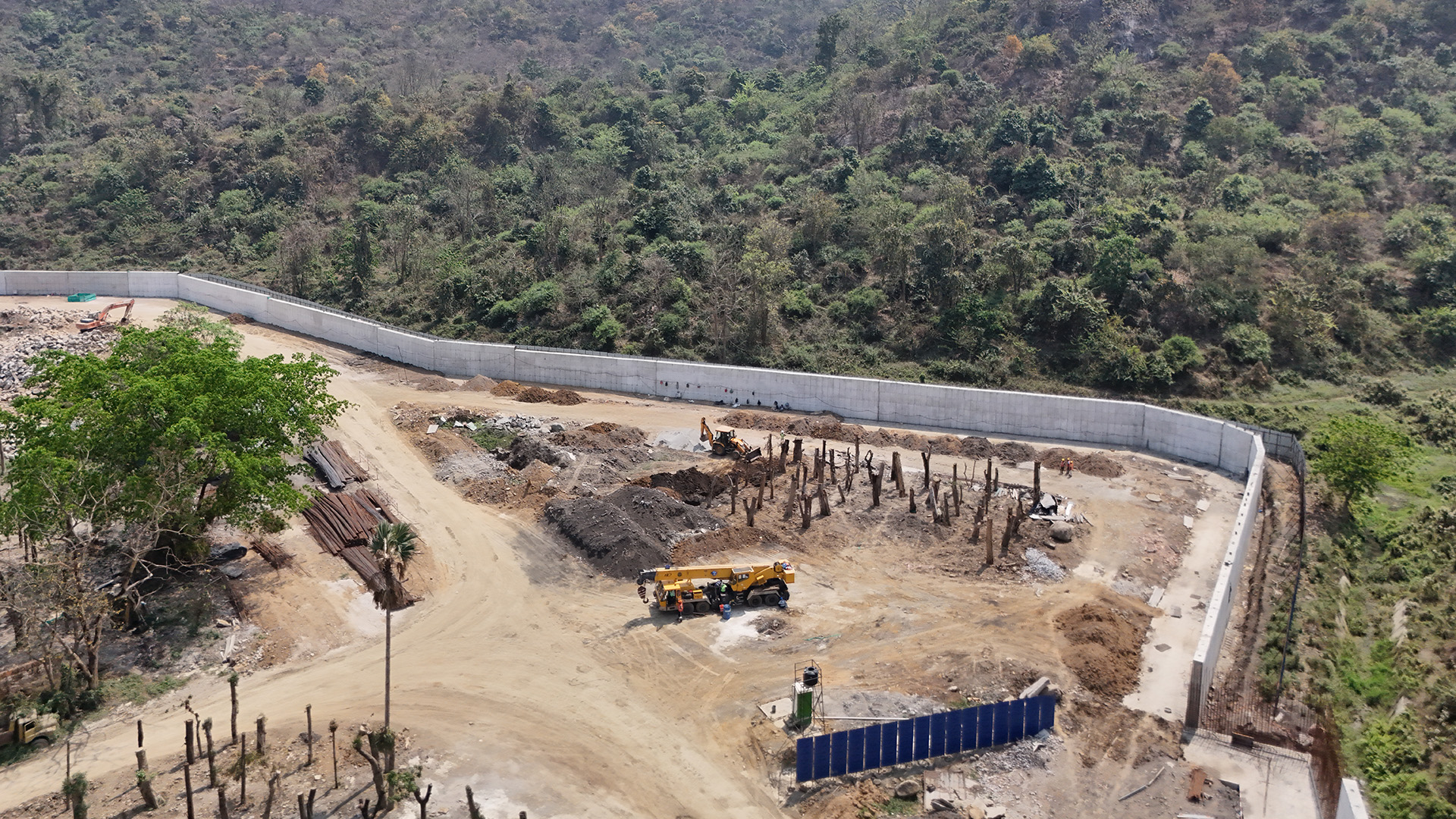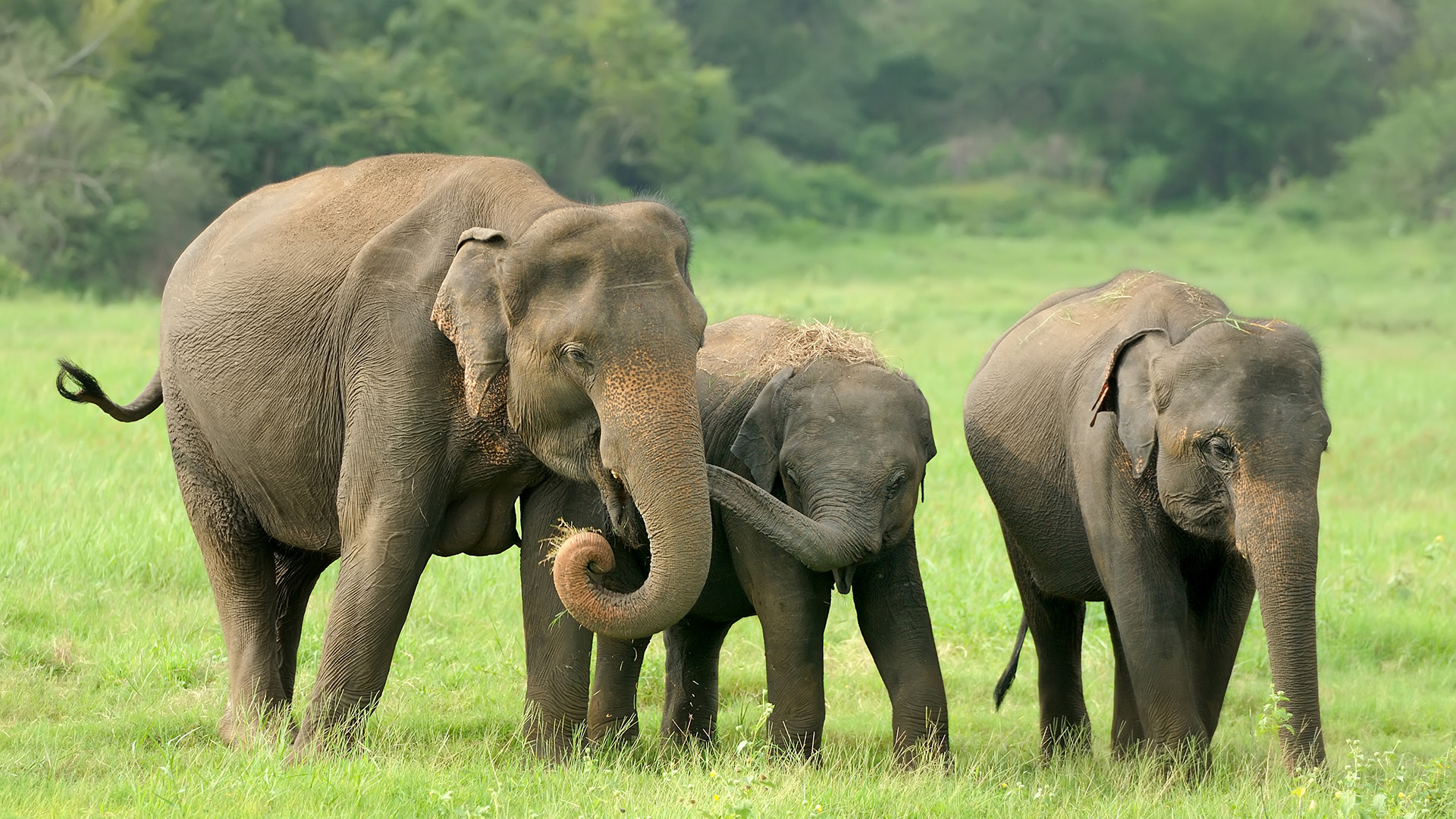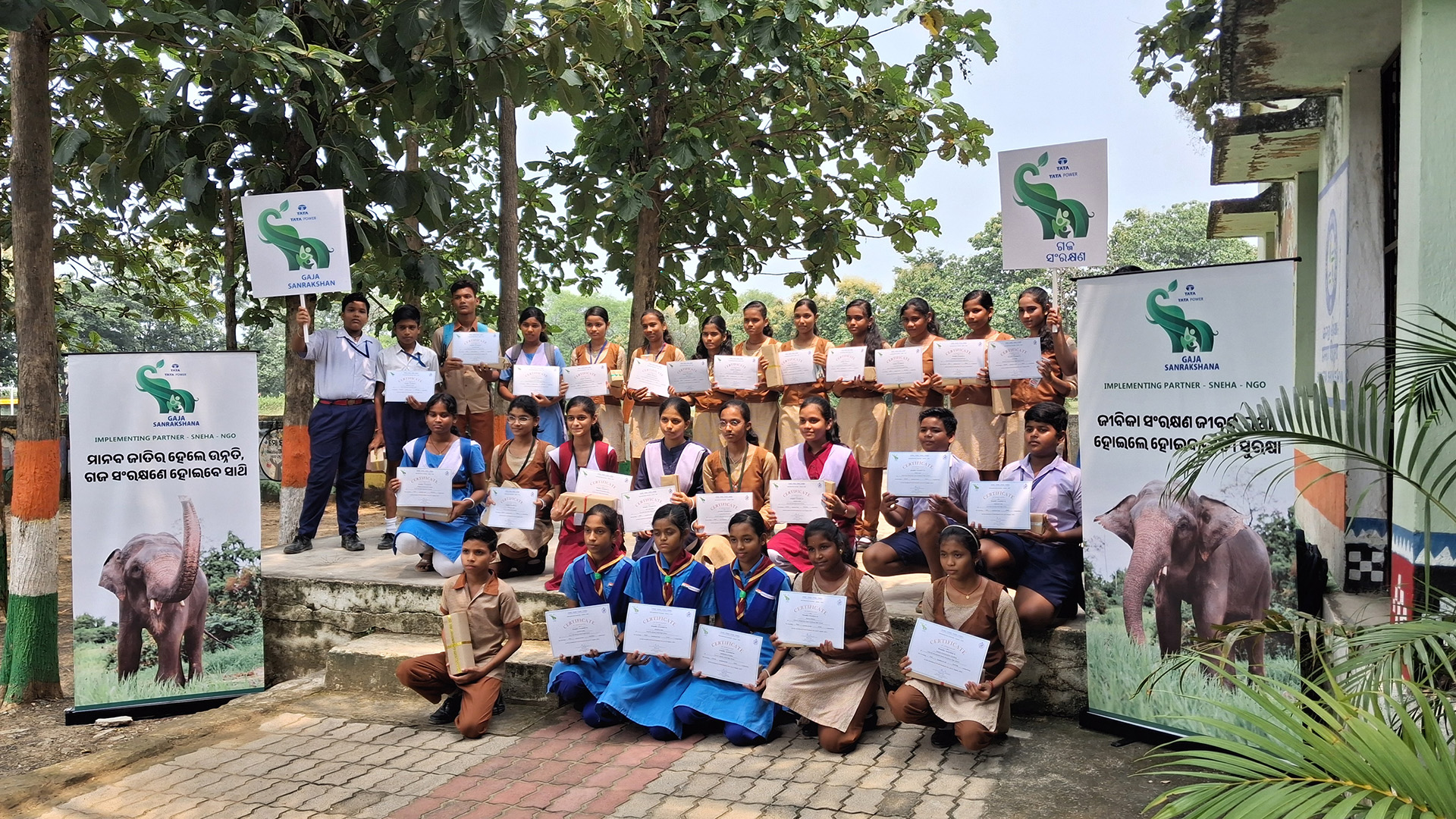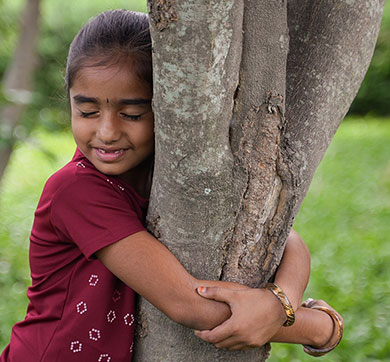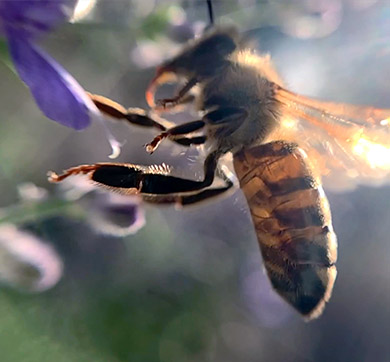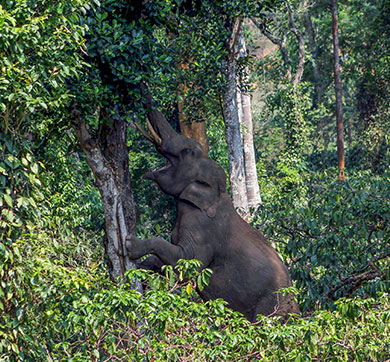October 2025 | 707 words | 3-minute read, 10 slides
In the lush, mist-covered hills of South Kodagu in Karnataka, Tata Coffee’s dedicated elephant tracker team gathers each morning for a briefing. Their task is to monitor data from GPS devices and mobile alerts generated through the radio collaring of wild elephants.
When an elephant approaches an active operational area, alerts are instantly sent to estate managers and field supervisors. Workers are rerouted and tasks rescheduled — all to ensure the safety of both the elephants and the people working across the plantations, which span over 31,000 acres.
Tata Coffee has a longstanding commitment to elephant conservation, having pioneered the radio collaring of matriarch elephants in Asia. This breakthrough enabled real-time tracking and the development of an early warning system. The wildlife team at Tata Coffee continues to work with the state forest departments of Karnataka and Tamil Nadu and the Planters Association to mitigate the human-animal conflict.
Today, multiple companies across the Tata Group are integrating advanced technologies into biodiversity conservation, with sustained, long-term efforts around their manufacturing facilities and operational sites.
While Tata Electronics is leading a project to build critical infrastructure in Hosur, which lies close to the ecologically sensitive Cauvery Wildlife Sanctuary, Tata Motors is is active in two critical elephant habitats: the Singhbhum Elephant Reserve in Jharkhand and the Nilgiri Biosphere Reserve in the Western Ghats. Tata Power has collaborated with the Government of Odisha and wildlife NGO Sneha to reduce elephant mortality and protect their habitats.
The initiatives are part of their commitment to Project Aalingana, the Tata Group’s vision for a greener, cleaner, more sustainable and equitable future for the planet.
Swipe to see some of the elephant conservation initiatives:




